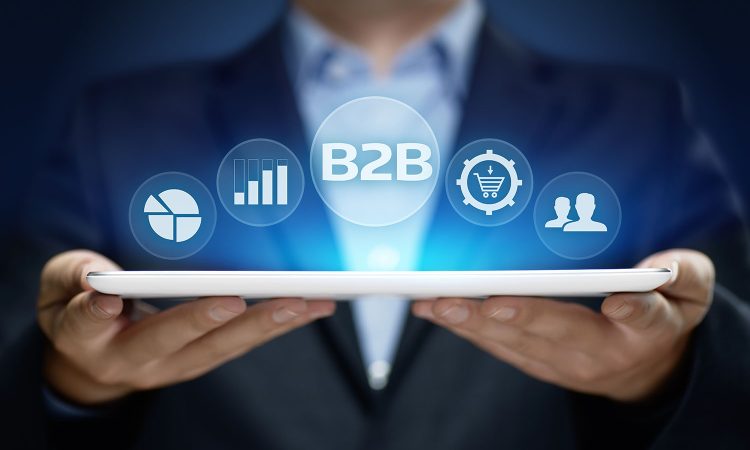ZUGFeRD, X-Rechnung, PEPPOL... these and many other terms can be found on the internet when it comes to the digitization of invoicing in the B2B sector. Only one thing is absolutely clear: sending an invoice as a PDF by email will no longer be sufficient from 2025.
Because the federal government1 has presented the Growth Opportunities Act, which, among other things, stipulates the "mandatory use of a structured, machine-readable and electronically processable format for the exchange of invoices" in the B2B sector.
But what does this mean for companies in the future?
The legal basis has now been decided and will pose a certain challenge for many (especially smaller) companies: Companies will have to create their invoices in the EN16931 format from 2025; in the B2B sector, this will be fulfilled by ZUGFeRD 2.0, among others. These invoices will then be transmitted to other companies via a PEPPOL Access Point.
However, there will be transitional regulations until 31.12.2027 at the latest, allowing "other invoices" (i.e. not machine-readable invoices) to continue to be sent in some cases. For the recipient, however, the obligation to receive machine-readable invoices applies from the outset.
In the meantime, the Federal Ministry of Finance has submitted a draft letter explaining numerous individual cases. Even if the final version is not yet available, it is advisable to familiarize yourself with the upcoming changes now.
If you need support with these challenges, please contact us.
The 5 advantages of an electronic invoice
Electronic invoicing offers a number of advantages that are important for B2B companies.
We have summarized the most important advantages for you:
1. standardization
Format EN16931 creates a uniform standard for electronic invoices that can be used by all European companies and public institutions. By complying with this format, companies can ensure that their invoices can be read and processed by all recipients, regardless of their specific internal systems or software solutions. This facilitates business transactions and significantly increases the efficiency of invoice processing.
2. cost savings
E-invoices significantly reduce costs compared to paper-based invoices. By automating invoice processes, companies can save resources such as paper, printer ink, postage and storage. Electronic invoices also enable faster processing and payment, which leads to improved cash flow management and reduces delays in processing invoices.
3. improved efficiency and accuracy
Electronically generated invoices can be more easily integrated into automated processes. This automation leads to increased efficiency and accuracy in invoice processing. Manual intervention and errors are minimized as the data can be imported directly from the electronic invoices into the accounting systems. This reduces the need for manual data entry and reduces the risk of errors that can lead to rework and discrepancies.
4.faster processing times
Electronic invoices can be transmitted and processed in real time, resulting in significantly reduced processing times compared to paper-based invoices. This enables companies to respond more quickly to invoices, authorize payments and complete accounting processes. In addition, electronic transmission enables faster communication between suppliers and customers, resulting in accelerated transaction processing and improved collaboration.
5. sustainability and environmental friendliness
The use of e-invoices helps to reduce paper consumption and the ecological footprint. By avoiding paper, ink and transportation, companies reduce their resource consumption and minimize their environmental impact. This is an important contribution to sustainability and the promotion of environmentally friendly business practices.
Source: https://www.bundesregierung.de/breg-de/suche/wachstumschancengesetz-2216866
- The Commission in Brussels is also already working on the EU ViDA (VAT in the Digital Age) initiative. The aim of this is to enable fair and simple taxation across Europe through a directive and at the same time combat tax fraud, for example through uniform and centralized EU VAT registration and the exchange of electronic invoices among all European companies.(https://ec.europa.eu/info/law/better-regulation/have-your-say/initiatives/13186-Mehrwertsteuer-im-digitalen-Zeitalter_de) ︎

